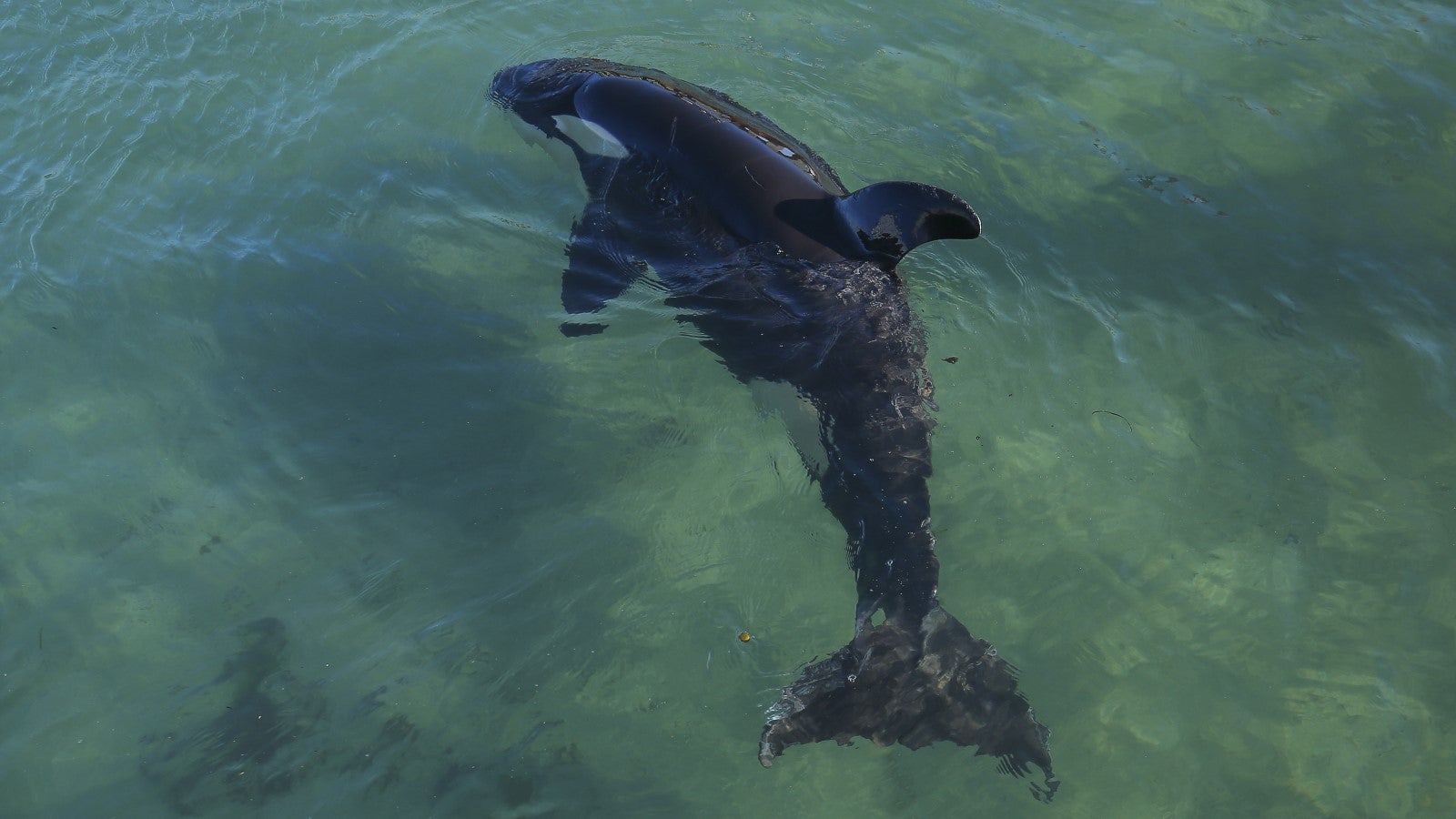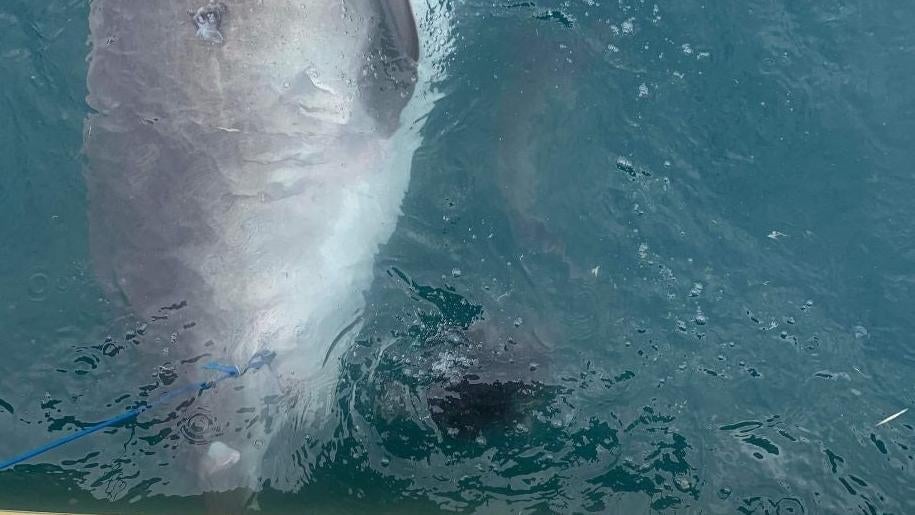Orcas, also known as killer whales, have gained notoriety in recent years for their interactions with boats, often targeting rudders and even sinking vessels. This has led to a tense situation for sailors, but one New Zealander’s response to an orca encounter has sparked controversy and legal action.
The incident occurred near Devonport, a suburb of Auckland, New Zealand. A 50-year-old man, sailing in the area, encountered an orca swimming near his boat. Recalling previous orca attacks on boats, including the sinking of a 50-foot sailing yacht, the man decided to take matters into his own hands. His chosen method of defense? A body slam.
A video of the incident, which took place in February, surfaced on Instagram. The footage shows the man leaping from the boat, narrowly missing the orca and a nearby calf. Onlookers on the boat can be heard laughing and encouraging him. He then swims back towards the orcas, attempting to touch one.
New Zealand authorities were quick to condemn the man’s actions. The Department of Conservation released a statement describing the behavior as “stupid” and showing a “shocking disregard” for the orca’s welfare. Principal investigation officer Hayden Loper expressed astonishment at the video, highlighting the man’s repeated attempts to engage with the orcas.
The man was subsequently identified and charged with violating New Zealand’s Marine Mammals Protection Act. This act prohibits swimming with whales, as well as disturbing or harassing any marine mammal. The man was fined $600 New Zealand dollars (approximately $370 USD).
While this incident occurred in New Zealand, it serves as a reminder of the importance of respecting wildlife. Similar incidents of humans engaging in risky behavior with animals have been reported elsewhere, such as tourists getting too close to bison in national parks or even attempting to transport baby elk in their vehicles. It’s crucial to remember to observe wildlife from a safe distance and avoid any interaction that could harm the animals or put oneself at risk.
This incident underscores the need for responsible wildlife viewing and highlights the legal consequences of disregarding wildlife protection laws. It also emphasizes the broader message of respecting animals and their natural habitats.











